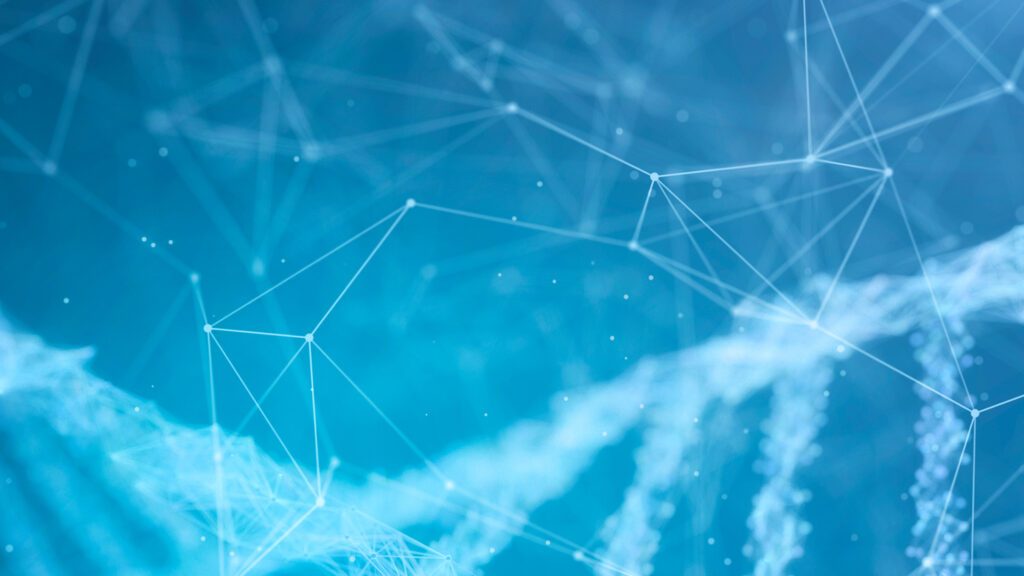Niccolò Emanuele Mencacci, MD, PhD

Working Groups
- Co-Lead, Monogenic Network
- Member, Monogenic - Data Analysis Working Group
- Member, أحادي الجين - مجموعة عمل «تحليل البيانات»
Biography
I received my medical degree and completed my residency in Neurology at the University of Milan, Italy. I then joined the Queen Square Institute of Neurology, University College London, UK, to pursue a PhD in Neurogenetics, working on the identification of novel genetic causes of movement disorders. I was awarded my PhD in July 2016, and shortly afterward I joined Northwestern University, where I am conducting my research and where I recently completed a clinical fellowship in Movement Disorders.
My research is primarily focused on studying patients with familial or suspected genetic movement disorders, with the goal of identifying novel disease-associated genes responsible for Parkinson’s disease, dystonia or other movement disorders. Additionally, combining genetics and in vivo and in vitro models of movement disorders, I am investigating the molecular pathophysiological mechanisms of these disorders.
I have an outpatient clinical presence downtown where I run the movement disorder genetics clinic as well as see and treat general movement disorders patients, including Parkinson’s disease and other atypical parkinsonism, dystonia, tremor, chorea and other movement disorders.
I was awarded in 2017 the David Marsden Award from Dystonia Europe and in 2021 the PD generation award from the Parkinson’s foundation for my work in the field of genetics of dystonias and Parkinson’s disease.
I am a member of the Movement Disorder Society, the American Academy of Neurology and the American Neurology Association. I serve as a member of the medical and scientific advisory committee for the Dystonia Medical Research Foundation and I am member of the editorial board of the journal Parkinsonism and Related Disorders.
Since January 2020 I am the co-lead for the Monogenic Hub of the Global Parkinson’s Genetics Program (GP2), a five-year program aimed at identifying new monogenic causes of Parkinson’s disease around the world.
